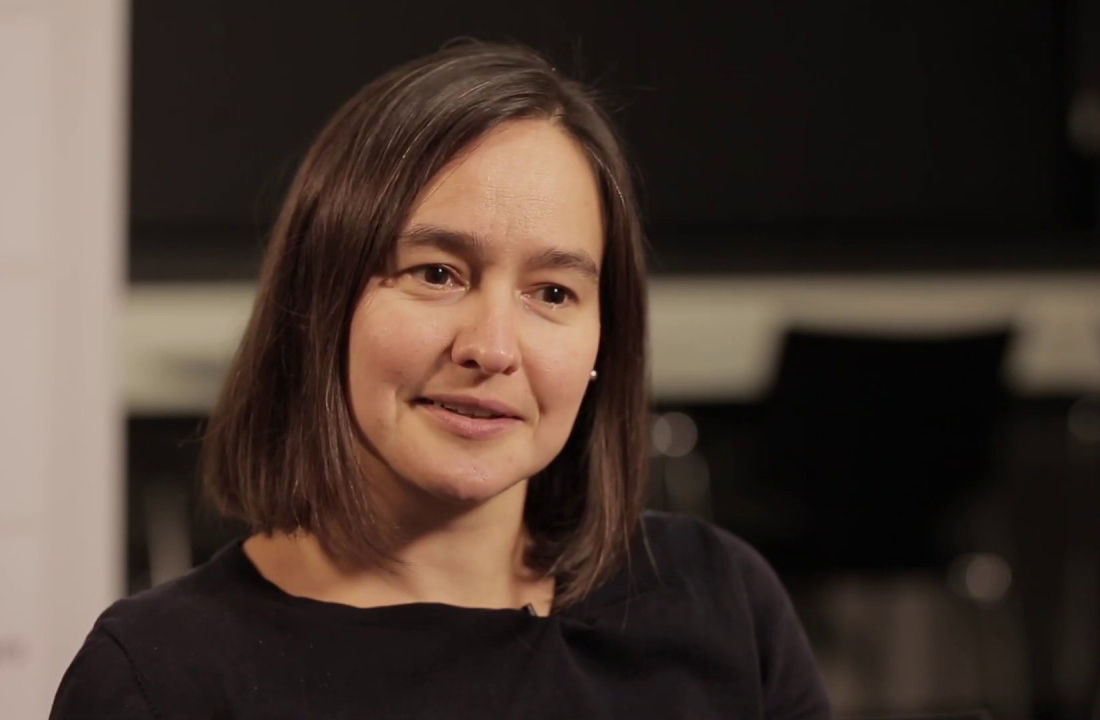
Join us for the next instalment of the STAGE International Speaker Seminar Series (ISSS) with
Dr. Jordana Bell
Reader (Associate Professor) in Epigenomics
Head of Epigenomics Research Group
Department of Twin Research & Genetic Epidemiology
Faculty of Life Sciences & Medicine
King’s College London
Talk Title
Genetic impacts on human methylome variation
Abstract
Studies of the human methylome have identified several drivers of DNA methylation variability. Over the past decade multiple efforts have found that a proportion of the human methylome is under genetic control. I will present applications of twin studies and population cohort-based study designs to identify genetic impacts on the human blood methylome. An overview of the extent of human methylome variation that is estimated to be under genetic control will be presented, based on recent large-scale datasets profiled on the Illumina Infinium HumanMethylation450 and MethylationEPIC BeadChips. Further analyses exploring the relationship between genetic influences on DNA methylation and human phenotypes has identified a series of co-localisation events, giving some insights into how these signals relate to human health. Identifying genetic impacts on DNA methylation can improve our understanding of pathways that underlie gene regulation and disease risk.
Speaker Profile
Jordana Bell leads the epigenomics research group at the Department of Twin Research and Genetic Epidemiology at King’s College London. Her research explores the (epi)genomic basis of complex diseases in human populations, focusing on intermediate phenotypes including epigenomic and gut microbiome variation. The broad aim is to apply computational approaches to characterise the biological processes underlying human ageing and age-related cardio-metabolic disease risk, onset, and progression.
Jordana completed her doctoral studies on genetic interactions in human complex traits at the University of Oxford. She was subsequently a Wellcome Trust funded fellow at the Universities of Chicago and Oxford, where her work shifted towards human epigenomics.
Since joining King’s in 2012 Jordana has established a research programme in human population epigenomics and is currently leading research efforts across UK and international collaborative projects, including within DIMENSION, ESSN, GoDMC, and CHARGE consortia. Jordana’s primary research focus is to understand the processes shaping epigenetic variation in human populations, and its biomedical significance. Further projects explore computational approaches for integrative analyses of high-dimensional biomedical data (environmental exposures, DNA sequence, DNA methylation, metabolomics, microbiome, and phenotype) – for prediction of future disease, towards implementing stratified medicine.
Sponsors
CANSSI Ontario STAGE (STAGE) is a training program in genetic epidemiology and statistical genetics housed at the University of Toronto Dalla Lana School of Public Health. It operates with financial and in-kind support from CANSSI Ontario, an extra-departmental unit in the Faculty of Arts & Science at U of T.
STAGE would like to thank our generous seminar sponsors!
For a complete list of sponsors, please see here.
Photography Disclosure
Photographs and/or video may be taken of participants at STAGE events. These photos/videos are for the Program’s use only and may appear on its website, in printed brochures, or in other promotional or reporting materials. By attending STAGE events, you accept the possibility that you may be videotaped or photographed. If you have any concerns, please inform us by sending an e-mail to esther.berzunza@utoronto.ca
The event is finished.
Local Time
- Timezone: America/New_York
- Date: Nov 05 2021
- Time: 12:00 pm - 1:00 pm